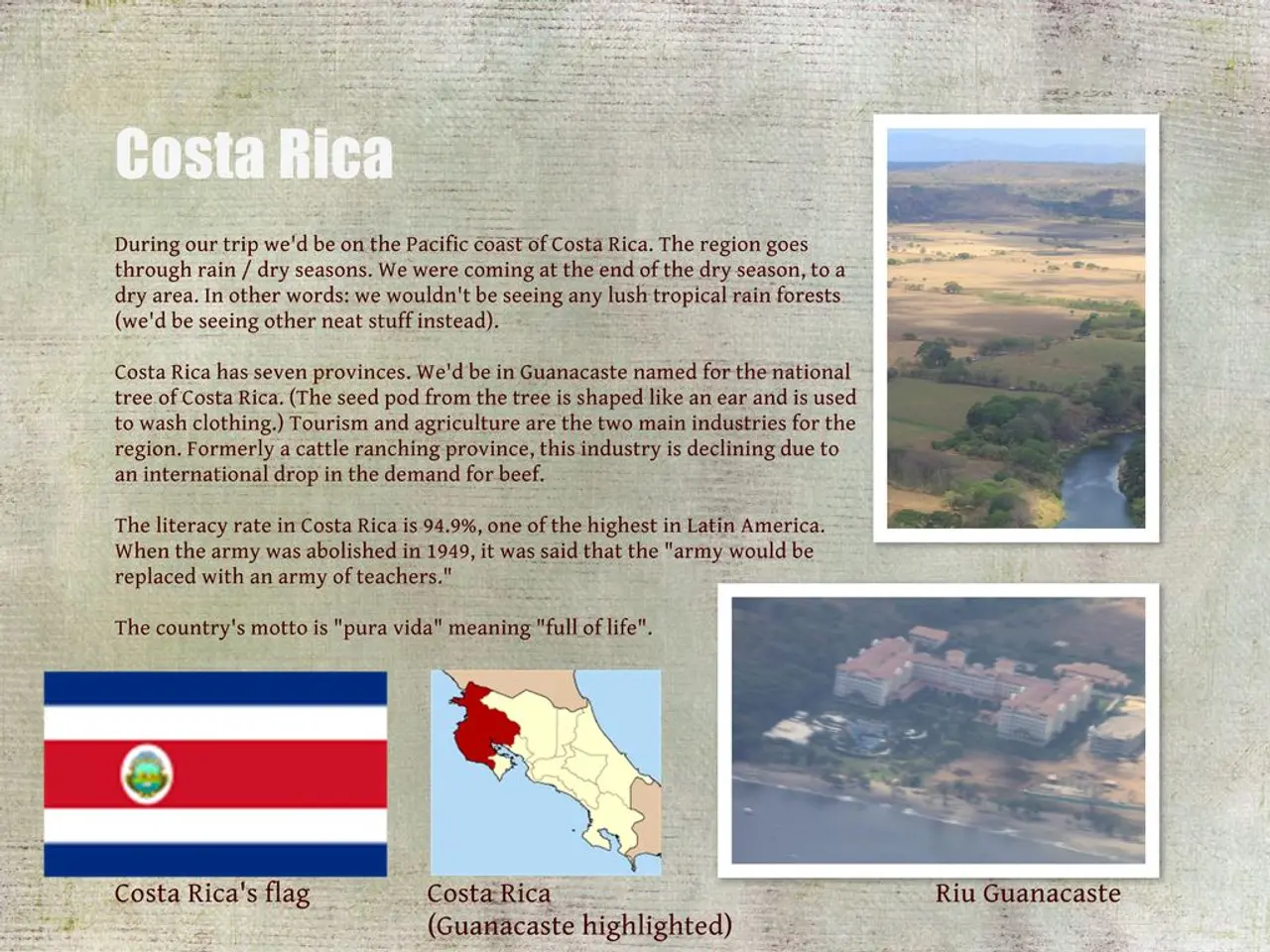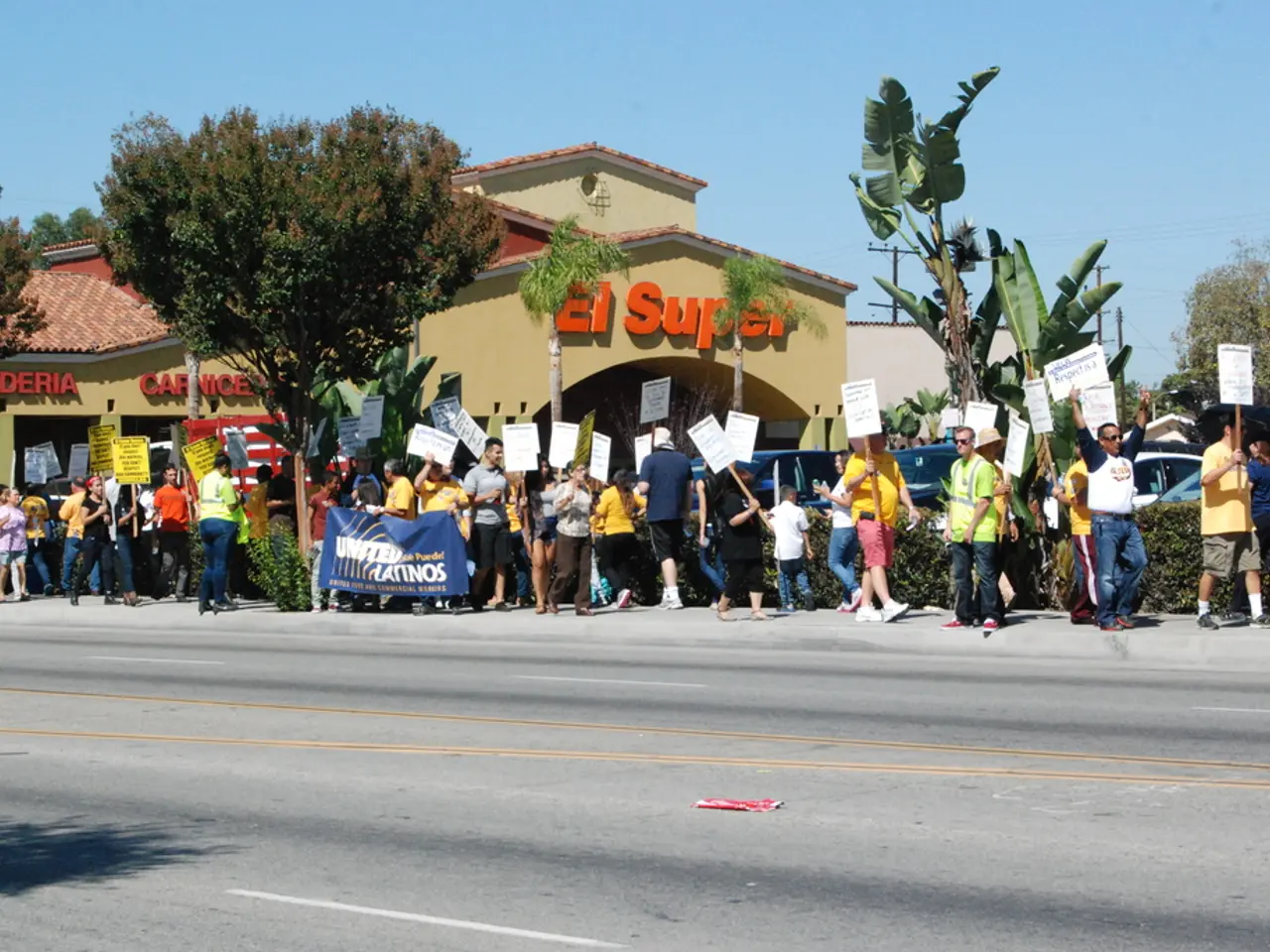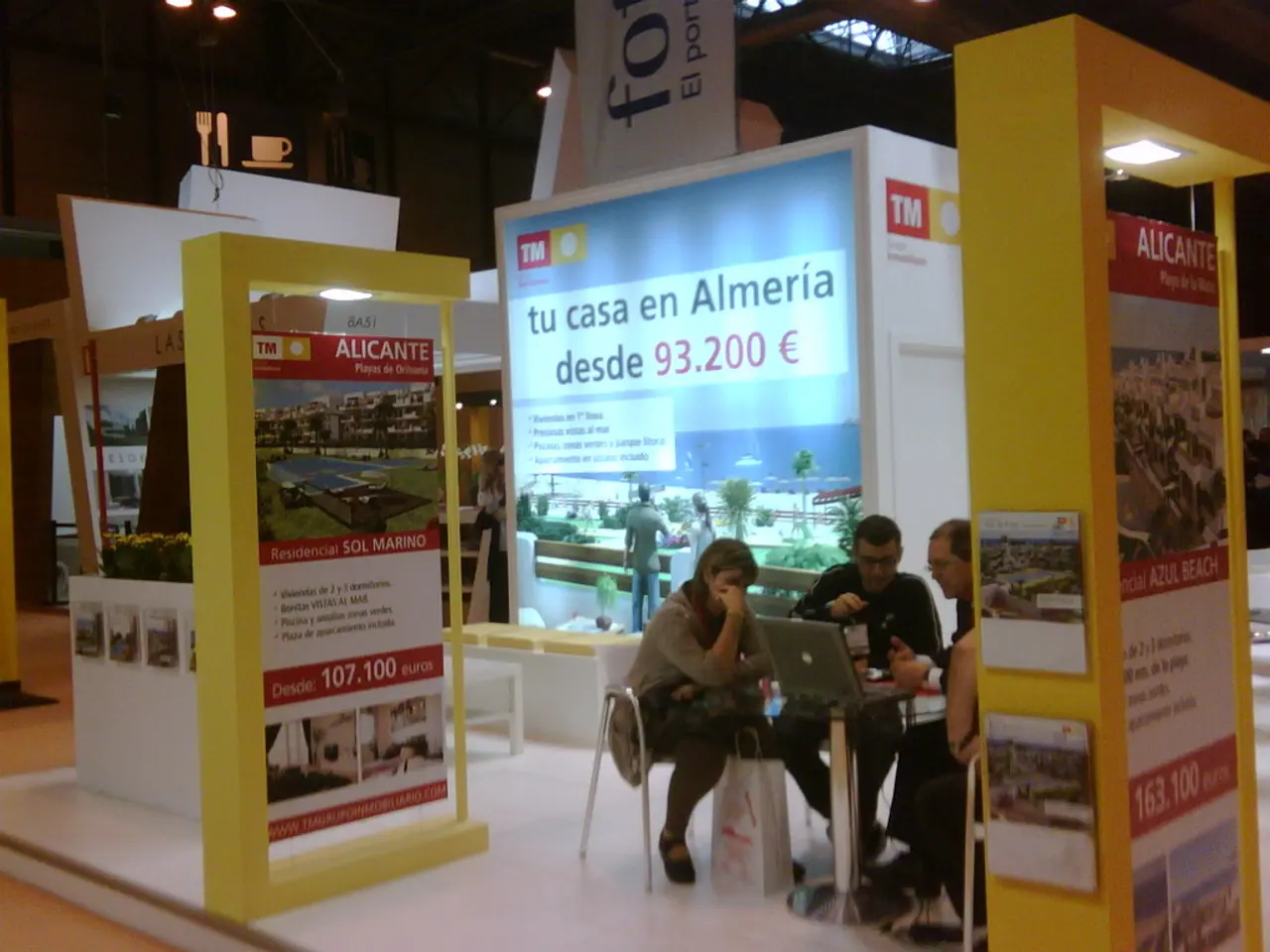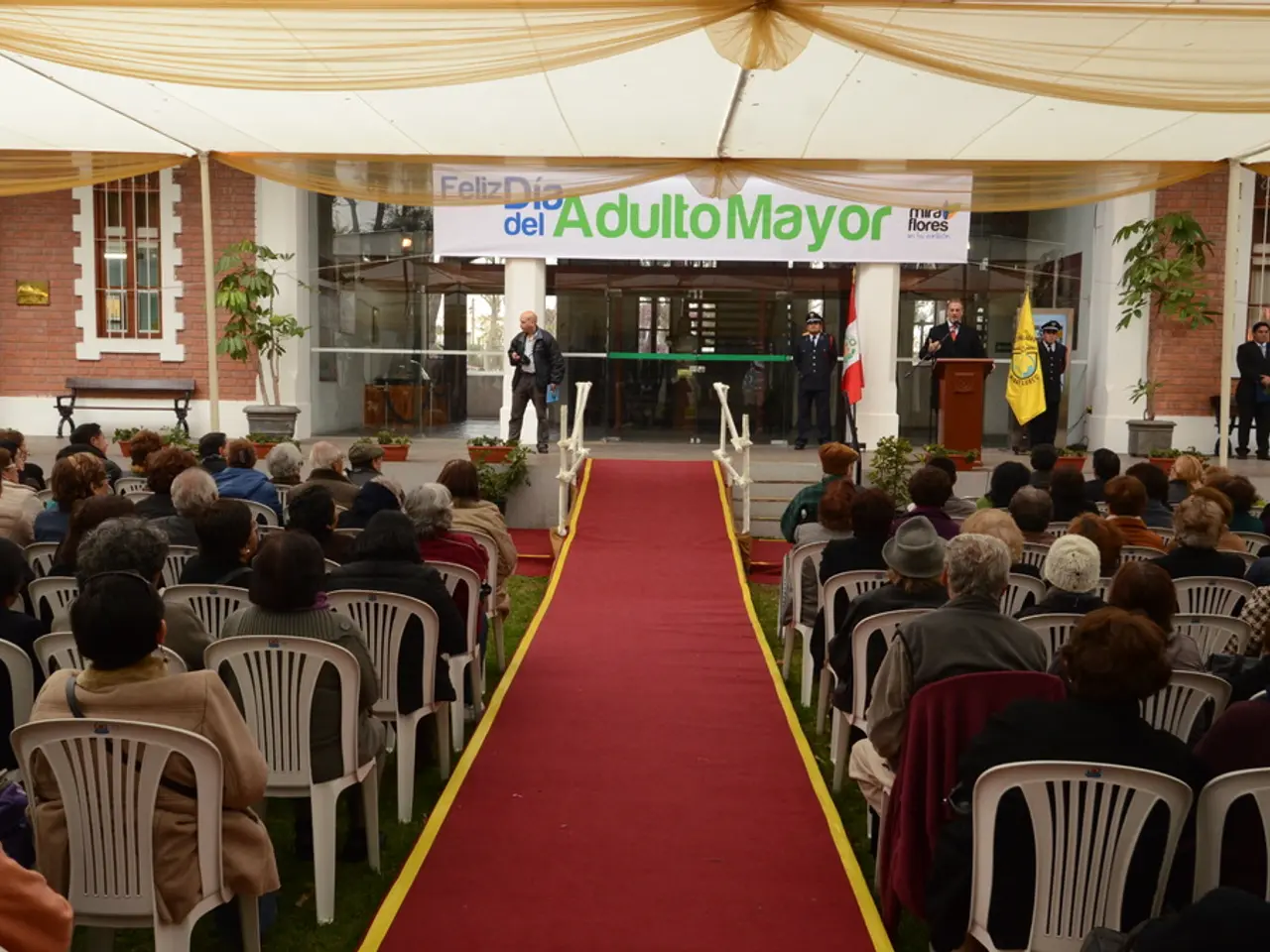Honduras escapes the 10% minimum tariff imposed by Trump on a global scale
In a significant development, the Honduran government has been exempted from the 10% tariffs announced by U.S. President Donald Trump, a move that strengthens the strategic relationship between the two nations. This decision is seen as a reflection of the excellent moment the bilateral relationship between Washington and Tegucigalpa is going through.
The exemption is a result of active and professional diplomacy aimed at protecting Honduras' interests. It is also a testament to the Honduran government's efforts to build bridges of understanding with the Trump Administration in sectors such as security, defense, and migrations.
The U.S. maintains some tariff exemptions for Honduras, particularly for certain goods exported from the country. These exemptions help moderate the impact of broader U.S. tariff policies on Latin America. The exemptions form part of the complex bilateral trade relationship between the U.S. and Honduras, aiming to facilitate trade and support economic ties despite a generally increased tariff environment.
The tariff exemption supports Honduran exports and economic stability by shielding them from the harshest tariffs. It also signals the U.S.'s willingness to maintain trade partnerships with Honduras within a context of heightened trade tensions globally.
The exemption was announced by Under Secretary of International Trade, William Kimmitt, during a high-level meeting in Washington. It is worth noting that several Central American countries, including Honduras, Nicaragua, the Dominican Republic, El Salvador, and Guatemala, have been granted tariff exceptions on some exports.
While the U.S. has broadly increased tariffs amid its trade policies, Honduras benefits from these specific tariff exemptions that ease the trade impact and sustain a cooperative bilateral trade relationship. However, these exemptions may be time-limited or conditional on meeting particular criteria such as shipment dates or product categories, indicating ongoing sensitivity in trade dynamics.
In the broader context, the U.S. has been adjusting tariffs amid ongoing trade policy recalibrations. For example, reciprocal tariff rates were paused and lowered in some cases to 10% during 2025, and extensions on tariff exclusions have been applied to prevent disruption. Shipments from countries including Honduras that were loaded before certain cutoff dates or entered the U.S. by specific deadlines have been allowed tariff exemptions to accommodate logistics and prevent misuse of transit exceptions.
This news comes as the U.S. has announced new tariffs on dozens of trading partners, including a minimum global rate of 10% and a starting rate of 15% for countries with a trade surplus. The tariffs will be applied to almost 70 countries, including the European Union, with specific rates ranging from 10% to 41%, as in the case of Syria.
The exemption for Honduras is a positive step towards fostering better diplomatic and trade dialogue between the two nations, and it underscores the importance of ongoing dialogue and diplomacy in shaping international trade policies.
- The Honduran government's diplomatic initiatives, focusing on sectors like security, defense, and migration, seem to have played a significant role in securing a tariff exemption from the U.S., a move that strengthens the government's policy-and-legislation strategy amid the ongoing war-and-conflicts and general-news regarding trade tensions.
- The tariff exemption, announced by Under Secretary of International Trade, William Kimmitt, is not only beneficial for Honduran exports and economic stability but also a testament to the U.S.'s politics of maintaining trade partnerships, even amid the increased tariffs and the development of new tariffs on dozens of trading partners.
- The tariff exemption for Honduras, along with similar exceptions for other Central American countries, is a crucial aspect of the complex policy-and-legislation framework governing the U.S.-Honduras trade relationship, contributing to the facilitation of migration and the support of economic ties despite the harsh tariff environment.







